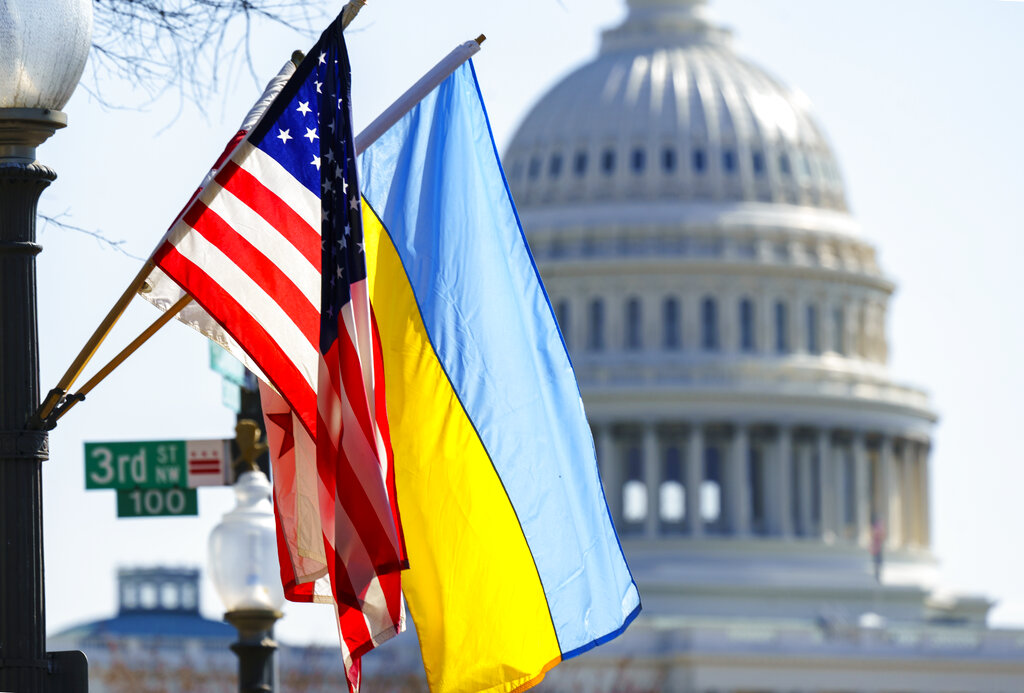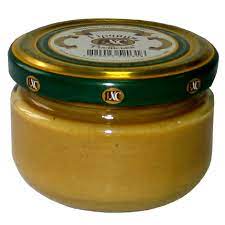While traveling across the United States, I saw Ukrainian flags in many places. They flew not only in the representative areas, such as on the entire length of Pennsylvania Avenue in Washington, but also in small towns and villages I passed through. Based on my observations, sympathy and support of an average American for struggling Ukrainians are widespread, natural, and spontaneous. The Marian Fathers in Stockbridge, Massachusetts, told me that when they organized a fundraiser to aid Ukraine, they raised over a million dollars in the span of two weeks.
American historian Frederick Jackson Turner, author of the classic paper, “The Significance of the Frontier in American History,” claimed that the deciding factor shaping the American national character was the experience of the frontier. He meant the process of colonizing lands commonly called the Wild West. It was the time when institutions and customs that shaped the American way of life were established. People of the frontier, such as the trapper, pioneer, and cowboy became the representative characters of their nation, populating countless products of American mass culture.
Ivan Lysiak Rudnytsky, an émigré Ukrainian historian living in the U.S. for over 30 years, found a parallel between the Wild West and the Wild Fields. He believed, similarly to Frederick Jackson Turner, that the character of his nation was also shaped by the experience of the frontier, the embodiment of which was the Cossack — the archetypal figure of Ukrainian popular culture. The name “Ukraine” itself is interpreted by many researchers as “the frontier land.”
Both the American prairie and the Ukrainian steppe attracted adventurers, sometimes also outlaws. A horse and a gun — those were their main attributes. They were the heroes of Cossack chants and dumkas songs. Their desire for freedom was what they had in common.
Certainly, the colonization process they took part in was vastly different in both regions. In the United States, it was carried out by conquest at the expense of indigenous Indian tribes that were sometimes even exterminated. In Ukraine, colonization happened on vast, uninhabited lands that had to be defended from invaders, mainly the Tatar Czambuls. Ukrainians fell victim to extermination, including from the man-made Holodomor and subsequent “executed generations.”
Spontaneous support of Americans for Ukrainians does not come from the knowledge of the above-mentioned parallels. Prior to the conflict, most Americans probably could not find Ukraine on a map (and even today, it is not certain they can). They instinctively take sides with those who fight for freedom against tyrants.
Their political tradition is built around the topos of Pilgrim fathers — wanderers who left despotic Europe in search of freedom. Like the biblical Abraham, they went out into the unknown to find an area for freedom. Today, Ukrainians spill their blood to defend their freedom, and Americans respect that.






